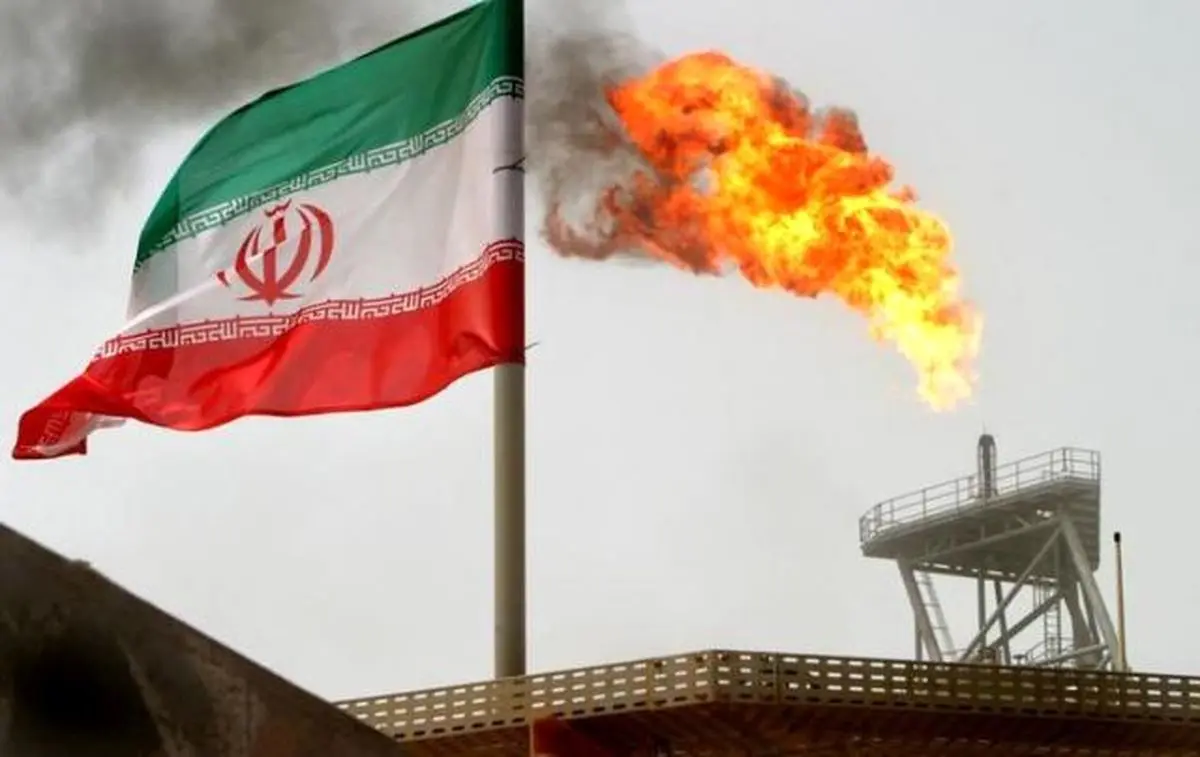US considering new sanctions on Iranian oil sales to China: WSJ

The United States is weighing new sanctions on Iran’s oil sales to China as a way to pressure Tehran to commit to a nuclear deal, sources familiar with the matter told The Wall Street Journal (WSJ) on Monday.
US negotiators continue to work with European and international partners in Vienna, Austria in an attempt to revive the Joint Comprehensive Plan of Action (JCPOA) – the 2015 agreement that curbs Iran’s nuclear programme in exchange for the lifting of some of the sanctions Tehran faces.
But as those negotiations stall, the US is mulling alternative options to encourage Iran to stay at the negotiating table or up the cost of leaving it, US officials and people familiar with the matter told the WSJ.
One option under consideration would reduce Iran’s growing crude sales to China, the newspaper reported.
“There is not much left to sanction in Iran’s economy,” a US official told the WSJ. “Iran’s oil sales to China is the prize.”
Beijing is Tehran’s main oil client. In the plan under consideration, the US would take aim at Iran’s oil sales to China by targeting shipping networks that help export an estimated one million barrels per day, officials told the WSJ.
But the new plan would only go into effect if nuclear talks fail, those officials said.
Iran’s president-elect, Ebrahim Raisi, who will be inaugurated next month, has said that Tehran will not agree to the nuclear deal without the lifting of US sanctions first.
Then-US President Donald Trump exited the nuclear agreement with Iran in 2018, criticising it as being too lenient towards Tehran. Trump then reimposed widespread sanctions meant to pressure Iran into signing a new nuclear and security deal.
Under current US President Joe Biden, Iran’s crude-oil exports, mostly to China, have climbed.
The Biden administration has recently announced the blacklisting of Iranians for alleged violations of the oil-trade sanctions.
END
